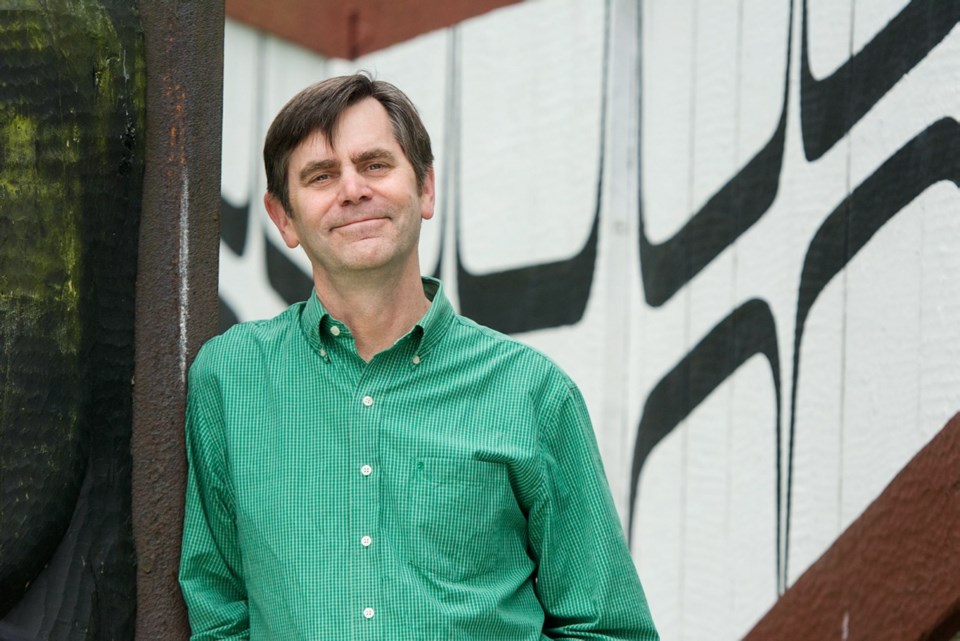U.S. President Donald Trump is neither a fascist nor Adolf Hitler, but the United States has conditions that are similar to 1930s Germany, say University of Victoria historians.
“We don’t have a worldwide depression,” said Jason Colby, associate professor of history, specializing in U.S. history. “But we do have some pretty angry, xenophobic nationalism rising up.”
He said this anger helped Trump to win the American presidency. It also fuelled moves such as Brexit, in which Britons voted in a referendum to leave the European Union.
Just in case Canadians become a little too comfortable with themselves, similar anger appeared in Toronto with the election of disruptive Rob Ford as mayor.
Colby sees the public support for Trump as a reaction against globalization, the free movement of goods, people and money often supported by economic and intellectual leaders. People have come to believe everything is threatened, whether it’s social welfare, their jobs or their national/cultural identity.
“There is a real pulling back [from globalization] and a fear that benefits and livelihoods are at stake,” he said. “Even the meaning of their nationalities are at stake.”
Colby, along with three colleagues — post-doctoral student Nicole Longpré, modern British history; Oliver Schmidtke, political science professor; and Tom Saunders, history professor — will form a panel to discuss the new Angry Populism. It’s an attempt to examine the popular mood today and what historical trends might tell us.
John Lutz, professor and chair of the history department, will be moderator for the event.
Lutz said for historians to sit on a panel about current events should not be taken to suggest history is repeating itself. History is always contingent on its own unique events.
“History does not repeat itself, but historical conditions do repeat themselves,” he said. “So we can look back and make some projections of things that might occur.
“So if you look now at rising income inequality, rising authoritarian regimes and rising xenophobia, you can say: ‘Hmmm, we’ve seen this before, and the probable outcome could go like this.’
“That is, unless something interferes to change things,” he said.
Tom Saunders, a UVic historian whose special interest is Germany of the 1920s and 1930s, said the Great Depression hammered the world in a way few people can now appreciate.
For example, in Germany one in three working people, mostly men, was unemployed. One in two households was affected.
“It was an intense crisis of unemployment and true suffering at a level that is difficult for us in the West to understand,” Saunders said.
“And in Germany, there was a sense that politicians simply didn’t [understand] the true level of suffering,” he said.
Now, looking at Western politics and the events such as the election of Trump and the vote for Brexit, Saunders sees a few things to put him in mind of 1920s and 1930s Germany.
In both cases, there exists a perception, accurate or not, of a crisis. There is also a sense that those in power are more interested in serving their own interests than those of the people they are elected to serve. So people are looking for someone from outside the political establishment to right things.
“There seems to be a deep-seated anxiety that we are headed in the wrong direction,” said Saunders, “and it’s going to take someone with a strong position to cut through what we have been doing, even undo it, in order to rescue us.
“There is a sense of grievance that someone from the outside can legitimately do what someone who has been working on the inside can’t,” he said.
Angry Populism is on Monday, March 6, 7-9 p.m. in Engineering/Computer Science 123.



